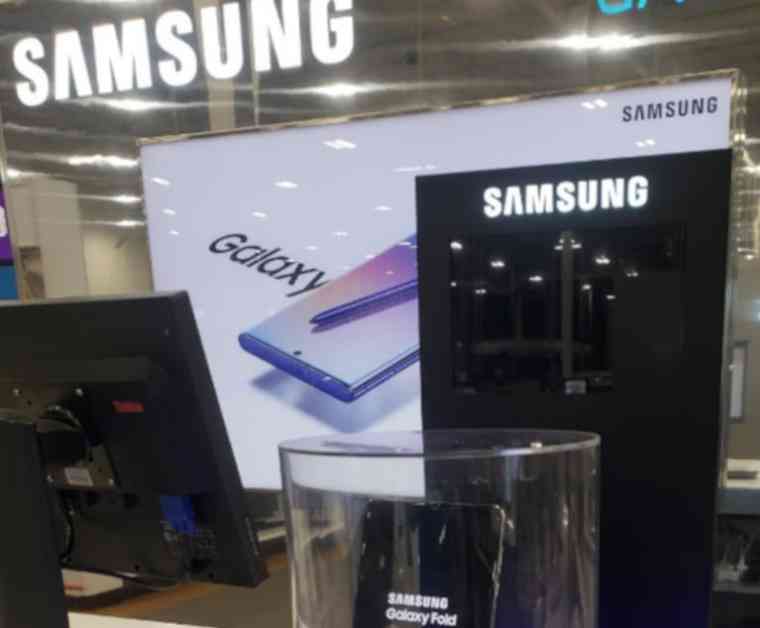Samsung, a global leader in technology and innovation, recently faced a significant setback in a wireless charger patent infringement case. The company was ordered to pay over $192 million in damages to Palo Alto-based wireless power technology developer, Mojo Mobility Inc. This verdict, handed down in the U.S. District Court for the Eastern District of Texas, marks a major win for Mojo Mobility and underscores the importance of protecting intellectual property rights in the tech industry.
Background of the Case
The legal battle between Mojo Mobility and Samsung began when Mojo Mobility filed a lawsuit accusing Samsung Electronics Co. Ltd. of infringing on five of its wireless charging technology patents. The patents in question were related to innovative wireless power solutions that Mojo Mobility had developed and patented. The lawsuit alleged that Samsung had used these patented technologies in its own wireless charging products without obtaining the necessary licensing agreements.
Mojo Mobility’s legal team, led by McKool Smith, presented a compelling case in court, highlighting the similarities between Samsung’s products and the patented technologies owned by Mojo Mobility. The evidence presented by the plaintiff was strong enough to convince the jury that Samsung had indeed infringed on Mojo Mobility’s intellectual property rights, leading to the substantial damages award.
Implications for Samsung and the Tech Industry
The $192 million verdict against Samsung serves as a cautionary tale for tech companies that may be tempted to infringe on the intellectual property of others. It sends a clear message that patent infringement carries significant financial consequences and underscores the importance of respecting the intellectual property rights of innovators and developers.
For Samsung, the verdict represents a significant financial blow and a tarnish on its reputation as a leader in the tech industry. The company will now have to pay a hefty sum in damages and may also face restrictions on the sale of certain products that were found to infringe on Mojo Mobility’s patents. This setback could also impact Samsung’s ability to innovate and develop new products, as it may now have to navigate legal challenges and restrictions related to its wireless charging technology.
In a broader sense, the verdict in this case highlights the ongoing challenges faced by technology companies in protecting their intellectual property rights in an increasingly competitive and fast-paced industry. As innovation continues to drive advancements in technology, companies must be vigilant in safeguarding their intellectual property and ensuring that they are not infringing on the rights of others.
Lessons Learned and Future Outlook
The outcome of the Mojo Mobility v. Samsung case serves as a reminder of the importance of thorough due diligence and legal compliance in the tech industry. Companies must carefully review their products and technologies to ensure that they are not infringing on any patents or intellectual property rights held by others. This proactive approach can help prevent costly legal battles and damages awards, as well as protect a company’s reputation and standing in the industry.
Looking ahead, the tech industry will likely see increased scrutiny and enforcement of intellectual property rights, as more companies seek to protect their innovations and technologies from infringement. This could lead to a more robust legal landscape for intellectual property protection, with stricter enforcement measures and harsher penalties for those found to be in violation of patent laws.
Overall, the $192 million verdict against Samsung in the wireless charger patent infringement case serves as a wake-up call for tech companies to prioritize intellectual property protection and compliance in their business practices. By respecting the rights of innovators and developers, companies can foster a culture of innovation and collaboration that benefits the industry as a whole.















